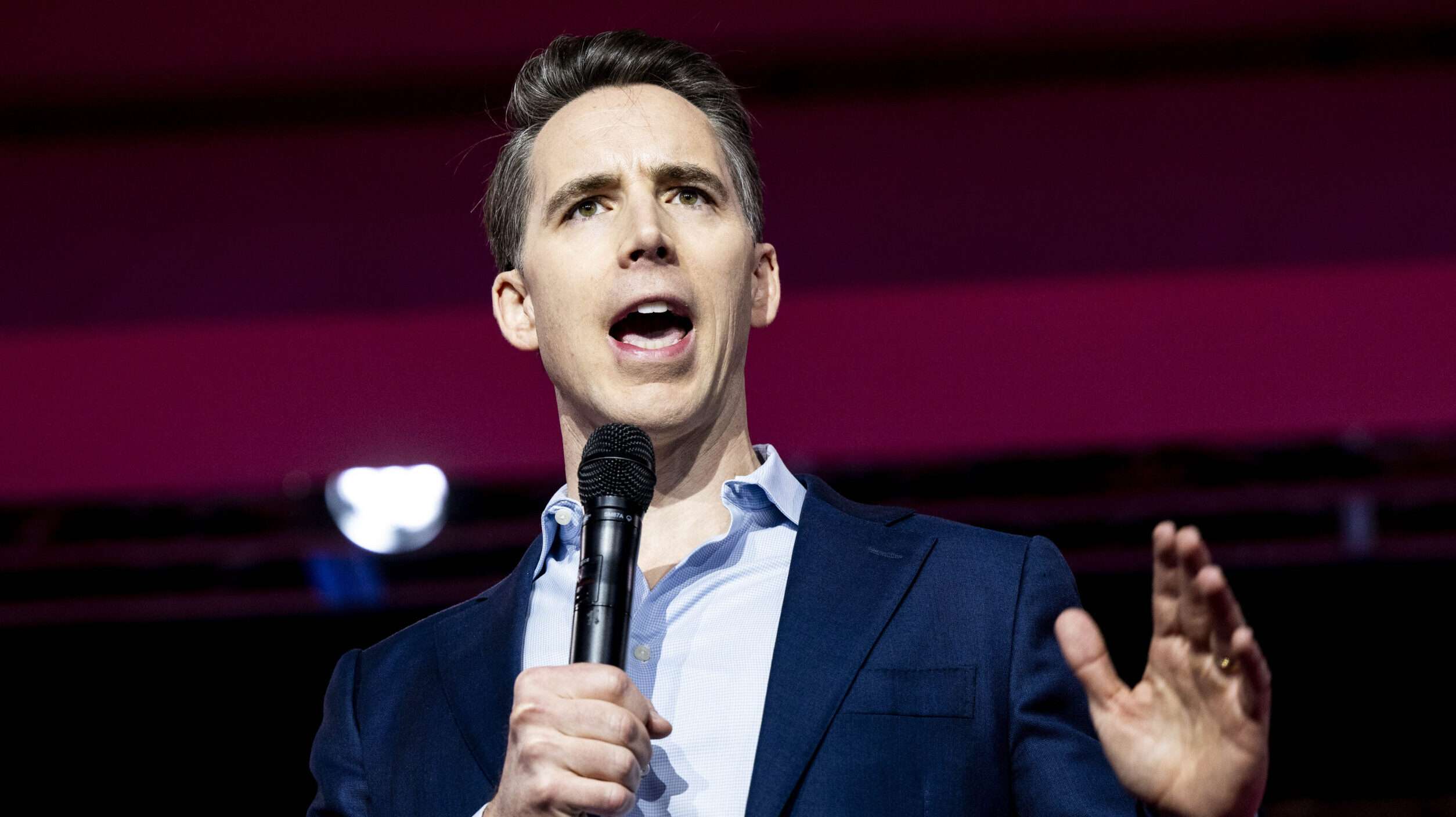Republican Populism Seeks to Broaden Government Support
In recent political discourse, particularly in California, there has been a notable tendency among left-leaning politicians to denounce corporate greed, blaming oil companies for exorbitant gasoline prices rather than acknowledging the impact of their own tax and regulatory policies. This phenomenon is not isolated to California; it reflects a broader trend as leaders at various levels, including the federal government, engage in theatrics concerning issues like credit card interest rates. Prominent figures like Senator Bernie Sanders and Senator Josh Hawley, despite their ideological differences, express remarkably similar stances on capping credit card rates at 10 percent, demonstrating how populism transcends traditional party lines. This convergence challenges the idea of clear ideological separation, illustrating how given their often differing paths, both extremes of the political spectrum can arrive at analogous conclusions that echo each other’s calls for government intervention.
In a climate increasingly characterized by a ‘Nanny State’ mentality, the possibilities for promoting individual freedom and personal responsibility seem to be waning. The libertarian ideal—a vision for minimizing government actions in favor of personal choice—has been overshadowed by a governmental approach that favors regulation and intervention in myriad aspects of daily life. Many conservatives once rallied around the concept of a “just leave us alone coalition,” encompassing diverse groups united in their desire for personal autonomy. In stark contrast, contemporary movements, particularly the MAGA faction, have embraced regulatory frameworks and echoed the rhetoric of cultural tribalism, inviting ongoing conflict where government becomes a tool for enforcing ideological norms rather than fostering genuine freedom.
The populist critique of banking, especially in the context of proposed limitations on credit card interest rates, unveils significant economic ramifications that extend beyond ideological posturing. Imposing a cap at 10 percent would likely restrict access to credit for those with lower credit scores, counterintuitively limiting financial resources for vulnerable populations who might seek alternatives to exploitative lending options like payday loans. The consequences would not only exacerbate financial inequality but also lead to an increase in defaults and bankruptcies, further damaging the credit ratings of many seeking better financial footing. This dichotomy illustrates how populist policies, while well-intentioned, often fail to recognize the complex realities of economic behavior and the function of access to credit in modern financial systems.
As the Trump administration and its successors navigate issues like banking and health policy, the erosion of previous assumptions about government limitations is becoming increasingly apparent. The willingness to utilize government influence to micromanage personal behavior—whether in financial transactions or dietary habits—signals a significant shift in how political factions perceive the role of the state. With figures like Robert F. Kennedy Jr. poised to lead initiatives aimed at health management, there persists a concerning irony in the GOP’s adoption of a paternalistic stance toward personal decisions, aligning itself more closely with progressive dogma than with its prior resistance to expansive governmental oversight.
Governors like Gavin Newsom are positioning themselves as guardians against right-wing policies, yet the parallels in their regulatory ambitions reveal an unsettling convergence between traditionally opposing factions. The shared inclination toward increased regulation, whether in response to corporate practices or public health, marks a trajectory that blurs ideological boundaries and illustrates a collective departure from authentic liberal or conservative principles. The orchestration of government to regulate and control societal norms rather than empower citizens to make personal choices betrays a fundamental tenet of both classical liberalism and traditional conservatism.
In conclusion, the current political landscape reflects a troubling trend where both the Left and Right exhibit a proclivity for increased government intervention, thus undermining opportunities for individual empowerment and market freedom. The populist landscape of today reveals that while political parties may emphasize conflicting values, their methodologies often align in seeking to wield government as an instrument for achieving their goals. As the debate over credit card interest rates and other regulatory matters continues, it becomes essential for the public to critically evaluate the implications of such policies and strive for solutions that uphold personal freedom, economic opportunity, and genuine accountability rather than succumbing to the politics of resentment and cultural warfare.
Share this content:












Post Comment